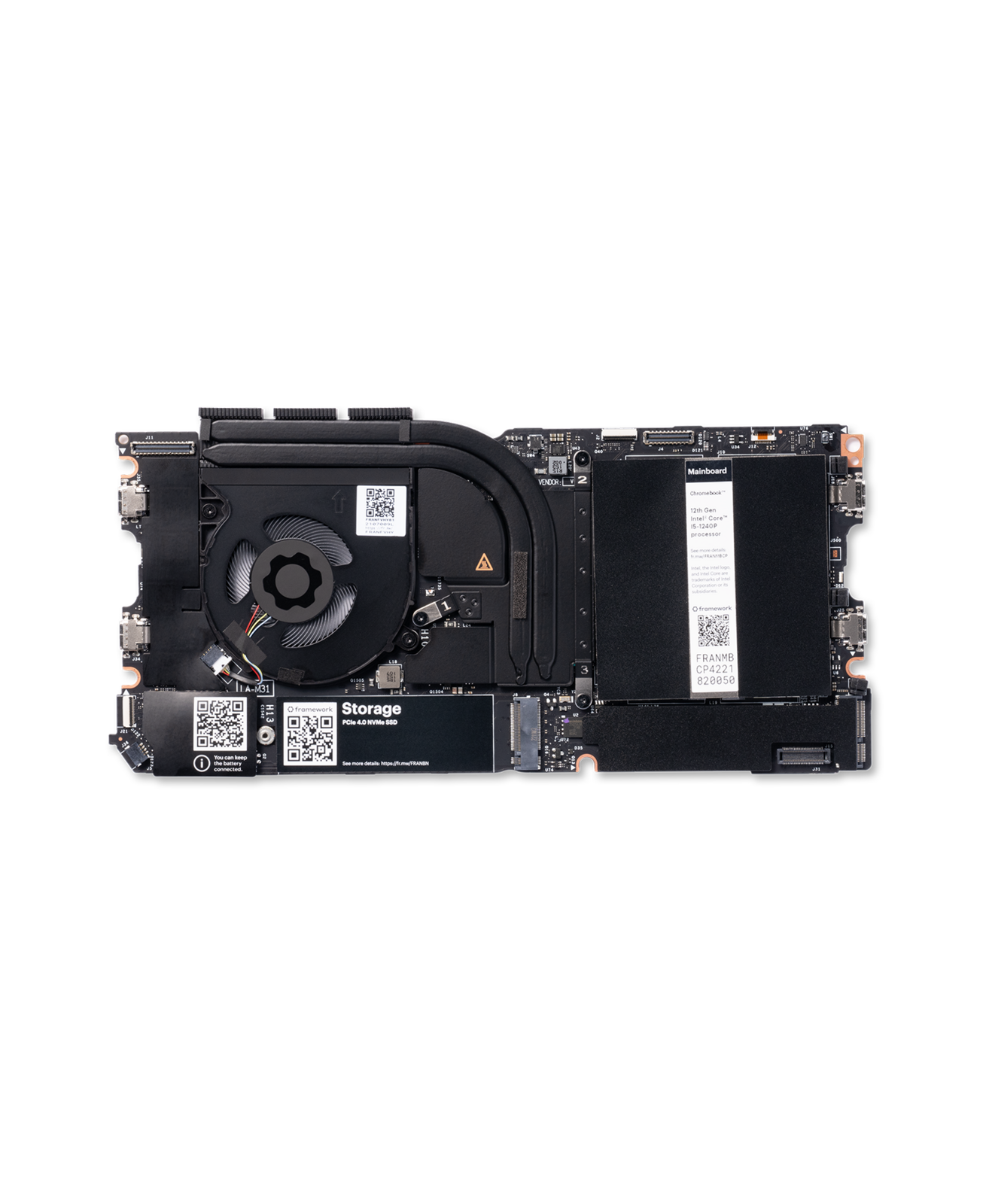rigoletto@
Developer
not really ... still unemployed hehe ? so I need some time to pull the trigger - but I will watch this thread and post if I find out
I see you are in Vienna, you could do some search at Wrocław (PL), there is the place for IT jobs in Poland and they are always looking for people. Every year dozens of people from my country (Brazil) are contracted by corporations in there; however the vastly majority don't finish the year due to beign unable to adapt to the weather.


